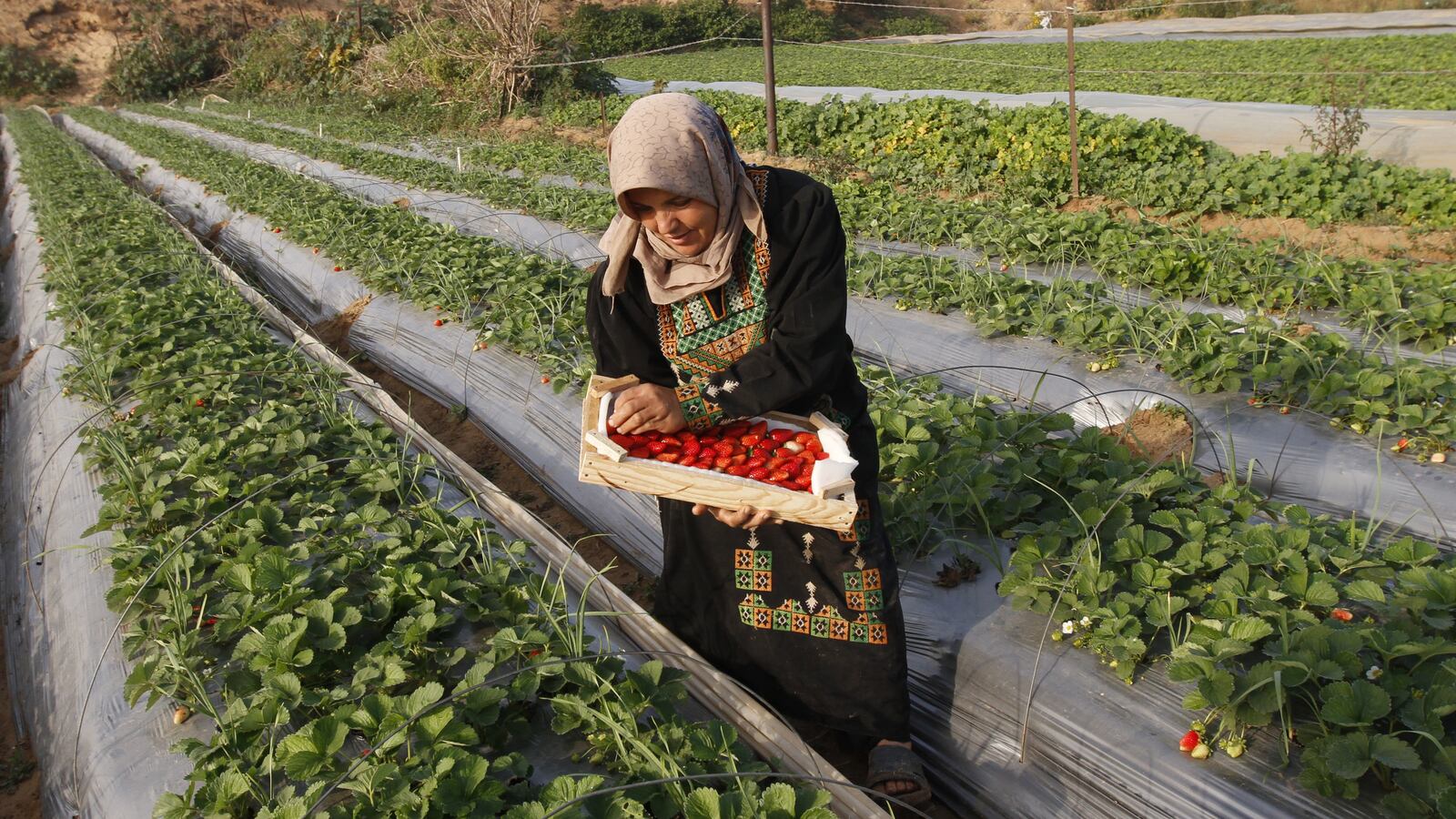Here’s a small story out of Gaza, one not likely to get picked up much in the Western press but which speaks volumes about the nature of Israel’s continuing control over life in Gaza, despite the 2005 withdrawal:
Israel allowed on Monday the export of Palestinian-made clothes from the Gaza Strip for the first time in at least five years, a Palestinian official said.Raed Fattouh, who coordinates supplies into Gaza, said a truck carrying 2,000 pieces of mainly woolen garments were exported through the Israeli-controlled Kerem Shalom crossing towards an Israeli seaport en route to Britain.

…Home to 1.7 million people, Gaza has been under tight embargo by both Israel and Egypt since Hamas took control of the coastal enclave in 2007. Under international pressure, Israel eased import curbs in 2010, but for the most part businesses cannot export.
… There was no indication of when the next shipment of clothing would be let out of Gaza and Fattouh said merchants were still awaiting an Israeli agreement to let them begin exporting furniture.
… Former [Egyptian] president Hosni Mubarak signed up to [the] Gaza blockade partly because of his own hostility towards Hamas, an ideological cousin of the Brotherhood group that was banned under his rule.
The blockade was first launched (with the support of the US, Europe and Russia) in response to the 2006 Palestinian vote in which Hamas won a narrow victory against Fatah in legislative elections, and it continues to this day. The single crossing in and out of Gaza not under direct Israeli responsibility—the Egyptian-controlled Rafah crossing—is only open to human traffic; goods are transported exclusively through Israeli-controlled crossing points. As such, Israel holds the lion's share of the responsibility of Gaza's capacity for import and export.
The blockade is presented to the West and the Israeli people as necessary for Israel’s security needs, but unless Israel’s officials are willing to argue that the export of woolen wear once represented a clear and present danger but no longer does—it looks an awful lot like collective punishment to me. Consider this: At a certain point the list of items Gazans could not import included nutmeg and fishing rods.
Is the act of prohibiting, then permitting, then who-knows-if-it’ll-be-permitted-again, the import of certain spices and the export of clothes (and maybe furniture!) a war crime? No.
But I have to wonder what it would be like to live in a place where holding elections led directly to a foreign power making those kinds of decisions for my entire community.






